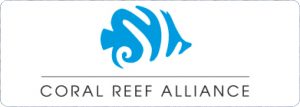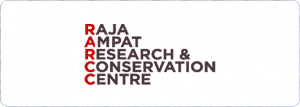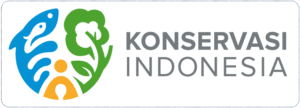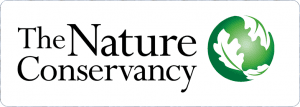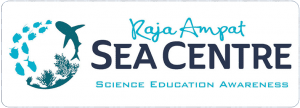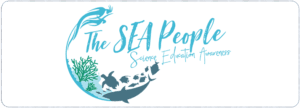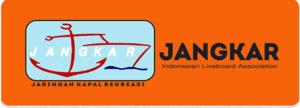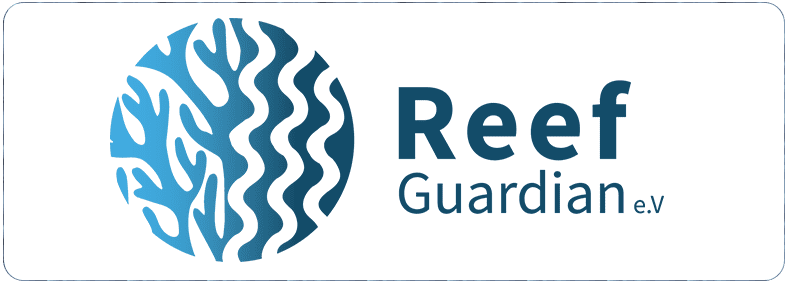The Manta Trust takes a multidisciplinary approach to the worldwide conservation of manta rays and their habitat through robust science and research, while raising awareness and providing education to the general public and community stakeholders.
The Manta Trust was formed in 2011 to coordinate global research and conservation efforts for these amazing animals, their close relatives and their habitat. As charismatic megafauna manta rays act as flagship species, helping to promote and engage the general public in the wider message of marine ecosystem conservation. Through this top down approach to conservation, the manta ray becomes the catalyst for change, engaging and motivating the general public, governments and local communities. A UK Registered Charity, the Trust brings together a number of projects from around the globe, both new and long-standing, including projects located in the Republic of Maldives, Sri Lanka, Mexico and Indonesia. By conducting long-term, robust studies into manta populations we aim to build the solid foundations upon which Governments, NGOs and conservationists can make informed and effective decisions to ensure the long term survival of these animals and their habitat.
The Manta Trust’s work in Indonesia is led by The Indonesian Manta Project, which was initiated in 2010 and has been part of the Manta Trust team since the trust’s inception. The Bird’s Head Seascape is one of our key study regions in Indonesia and our work here began in 2011, when we collaborated with Misool Eco Resort to initiate a monitoring program at a manta cleaning station close to their resort. Here we confirmed that, uniquely, both species of manta cohabit. Our work and collaborations have now expanded throughout the Bird’s Head Seascape and our key objectives are as follows:
1) Research manta ray population ecology and biology (Manta birostris & Manta alfredi) via various monitoring techniques.
2) Training Indonesians in manta monitoring techniques to build capacity for marine research/conservation and to create transferable skills.
3) Education through conservation awareness and engagement, and the promotion of alternative livelihoods for local fishing communities to prevent ecosystem destruction.
4) Promote marine protected areas, using Raja Ampat’s success as an example.
The Manta Trust believes that capacity building and a collaborative approach is key to achieving successful research and conservation goals. As the scope of our work in the Bird’s Head Seascape grows, our goal is to expand these efforts further.
To learn more:
| FOLLOW CI ON: |  |
 |
 |
 |







